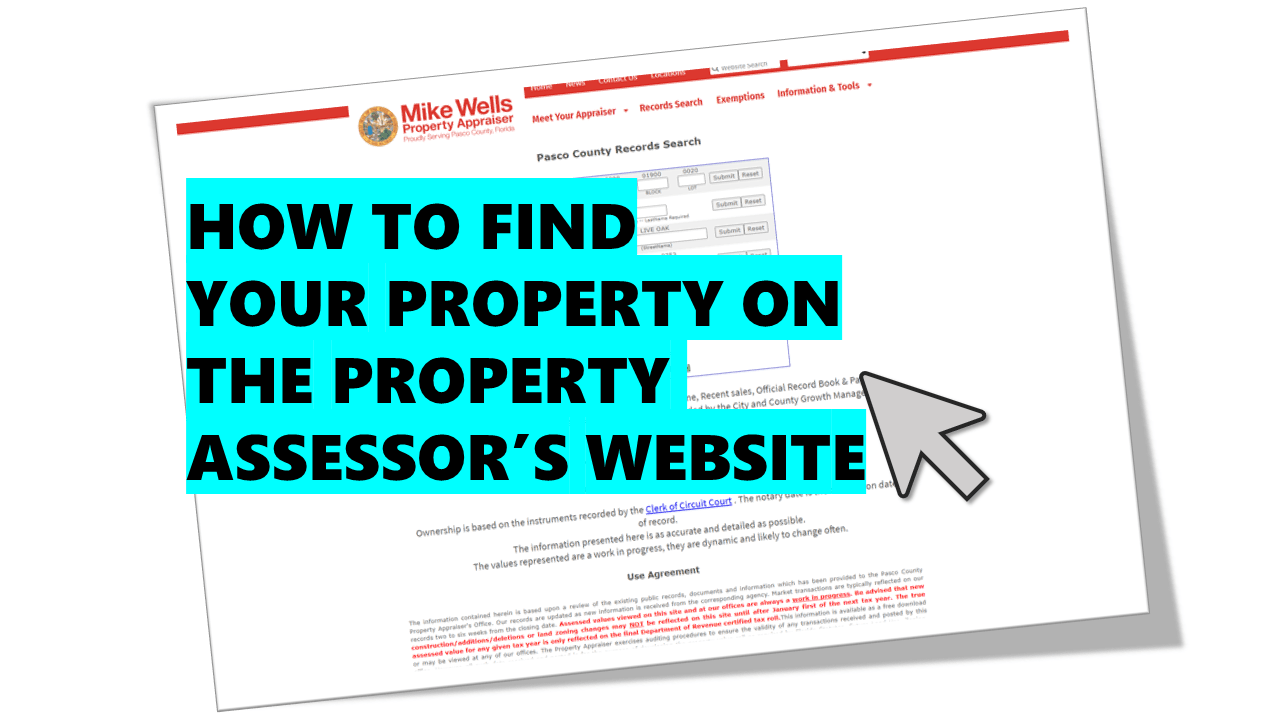So, you’ve decided to take the plunge and buy some land in sunny Florida. Before you start envisioning your dream home or exciting business venture, there are some important factors to consider. First and foremost, make sure that the seller actually has the permission to sell the land or is the rightful owner. You wouldn’t want to find yourself in a legal mess later on. Additionally, take a close look at the zoning of the land to ensure it allows for the type of construction you have in mind. Florida’s beautiful wetlands and flood zones can also pose limitations on land use, so it’s crucial to be aware of these restrictions. Don’t rush the process; conduct thorough research because while land prices in Florida are on the rise, there are still affordable options available. Different counties in the state have varying restrictions, especially when it comes to alternative housing like mobile homes or tiny houses, so it’s essential to be well-informed. Check for any unpaid property taxes or debts associated with the land, and be cautious of empty subdivisions that may lack essential services and utilities. Understanding local zoning regulations, access to utilities, flood zones, and amenities should be your top priorities as you navigate the exciting world of buying land in Florida.
Check Seller’s Permission and Ownership
Before purchasing land in Florida, it is crucial to confirm that the seller has the permission to sell it or is the actual owner. This step is essential to ensure that you are not dealing with any legal complications or fraudulent transactions. You can request proof of ownership, such as the title deed or property records, from the seller. It is also wise to conduct a background check on the seller to verify their credibility and legitimacy.
Consider Zoning and Construction
When buying land, it is essential to check the zoning regulations in the area to see if they align with your intended use of the property. Zoning regulations determine the type of activities and structures that are allowed on a particular piece of land. It is crucial to verify that the zoning allows for the type of construction you have in mind, whether it is residential, commercial, or industrial. Consulting with local zoning authorities or hiring a professional zoning expert can provide valuable insights into the zoning restrictions and requirements.
Be Mindful of Wetlands and Flood Zones
Florida is known for its abundant wetlands and flood-prone areas. It is imperative to assess any wetland areas present on the land you are considering purchasing. Wetlands are protected under federal and state laws, and obtaining permits for any development or alteration within wetlands can be a complex and time-consuming process.
Additionally, evaluating flood zones is essential to understand the potential risks and limitations of the land. Flood zones are determined by the Federal Emergency Management Agency (FEMA) and can impact the construction and use of the property. Being aware of wetlands and flood zones is crucial before moving forward with the land purchase.
Thorough Research and Due Diligence
Investing sufficient time in thorough research and due diligence is crucial when buying land in Florida. Land prices in the state have been increasing, making it even more important to make an informed decision. Taking the time to research various factors, such as the local real estate market trends, historical land prices, and future development plans in the area, can provide valuable insights into the potential value and growth of the land.
Identifying affordable options is also a key consideration. While land prices may be rising, there are still pockets within Florida where land remains more affordable. Conducting comprehensive research and exploring different locations can help you find affordable options that meet your requirements.

County Restrictions and Regulations
It is important to understand that different counties in Florida have their own specific restrictions and regulations. These regulations can affect various aspects of land use and development, including alternative housing options like mobile homes or tiny houses. Before finalizing a land purchase, familiarize yourself with the specific restrictions and regulations of the county where the land is located. This will ensure that your plans align with the county’s requirements and that you can proceed with your desired use of the land.
Check Property Taxes and Debts
Verifying the property tax status is essential before purchasing land in Florida. Property taxes can vary depending on the location and size of the land, and they can impact your overall investment. Checking for any unpaid property taxes associated with the land is crucial to avoid unexpected financial obligations.
Additionally, it is important to investigate if there are any outstanding debts or liens on the property. Unpaid debts can become your responsibility as the new landowner if not addressed before the purchase. Conducting thorough research and seeking legal advice can help identify and address any potential issues related to property taxes and debts.

Be Wary of Empty Subdivisions
When considering land in Florida, it is important to evaluate any empty subdivisions that you come across. While the idea of purchasing a plot of land in a planned community may be appealing, it is crucial to research and assess the available services and utilities in these subdivisions. Some empty subdivisions may lack essential services and utilities, such as water and electricity, which can significantly impact your ability to build and live on the land. Researching existing infrastructure and confirming the availability of necessary utilities is crucial to ensure a smooth land purchase process.
Importance of Understanding Zoning
Understanding zoning regulations is of utmost importance when buying land in Florida. Zoning determines where and what type of buildings can be constructed on the land. Familiarizing yourself with the zoning regulations specific to the area can save you from potential legal complications and ensure that your construction plans align with the designated zoning category. Whether you plan to build a residential home, a commercial building, or an industrial facility, understanding the zoning regulations will dictate whether your plans are permissible.

Ensure Legal Access to the Land
Verifying legal access to the land is essential to ensure that you can access your property without any issues. You must investigate and confirm road access to the property before making your purchase. Access to the land will impact its usability and value. Lack of legal access may restrict your ability to develop the land and limit your options for future use.
Prioritize Key Considerations
There are several key considerations to prioritize when buying land in Florida. Firstly, understanding the local zoning regulations is crucial in determining the permitted uses and restrictions on the land. This knowledge will help guide your decision-making process and prevent any potential legal complications.
Secondly, evaluating flood zones is essential to assess the risks and limitations associated with the land. Being aware of flood-prone areas will allow you to make informed decisions and take appropriate precautions.
Furthermore, access to utilities and amenities should be a priority. Having access to water, electricity, and other necessary utilities can greatly impact your ability to develop and use the land. Additionally, being near amenities such as schools, hospitals, and shopping centers can enhance the value and convenience of the land.
In conclusion, buying land in Florida requires thorough research, due diligence, and a comprehensive understanding of various factors. Checking the seller’s permission and ownership, evaluating zoning regulations, considering wetlands and flood zones, researching county restrictions and regulations, checking property taxes and debts, being wary of empty subdivisions, understanding zoning, ensuring legal access to the land, and prioritizing key considerations are all essential steps in making an informed and successful land purchase in Florida. By following these guidelines, you can navigate the land buying process with confidence and secure a property that aligns with your vision and goals.





